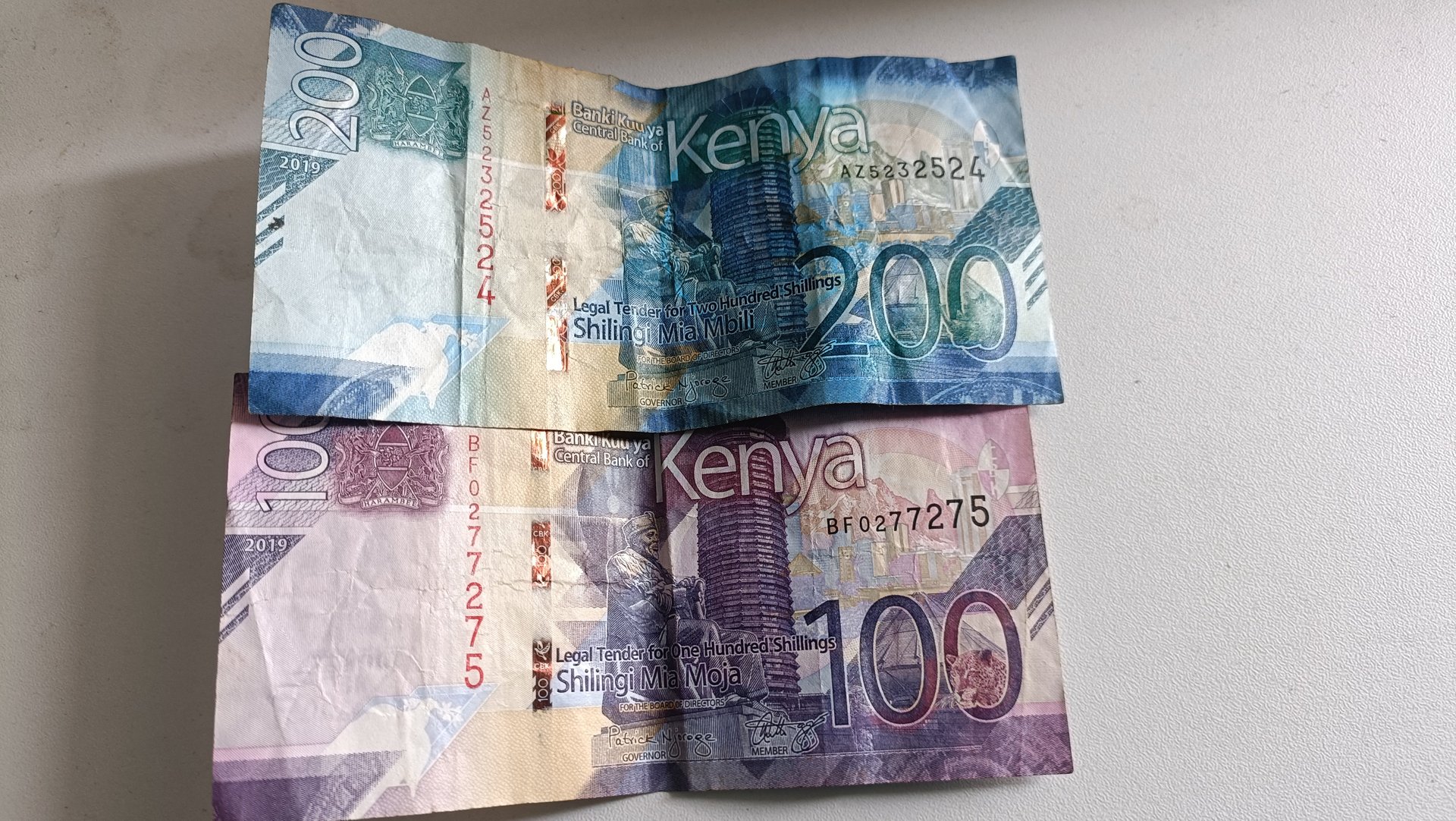Kenya is facing a shortage of small-denomination banknotes due to voter bribery
With just 11 days before Kenya’s general elections, banks in the country are facing an acute shortage of small-denomination banknotes of Sh100 ($0.84) and Sh200 ($1.68.)

With just 11 days before Kenya’s general elections, banks in the country are facing an acute shortage of small-denomination banknotes of Sh100 ($0.84) and Sh200 ($1.68.)
In what has raised alarm over the integrity of the election, interior minister Fred Matiang’i says the scarcity of notes has been triggered by politicians who have withdrawn them in huge amounts to bribe voters across the country.
“If you put these people into elective positions, do you think they will actually firm up the regulatory environment?” Matiang’i posed when he addressed attendees during the launch of the Money Laundering and Terrorism Financing National Risk Assessment Report on July 27. “You have seen people who are carrying money in bags, lining up citizens, giving them 200 bob ($1.7) People are not working. They are standing on the roadside just to get 200 shillings from all these money launderers.”
This is all happening amidst economic turmoil and high food inflation that has seen the majority of citizens struggling to get by.
Money laundering in Kenya
He said that most car dealers in the country are friends of politicians and have been helping them amass low denomination notes to use as voter bait in rural Kenya. Purportedly, car dealerships are a lucrative money laundering channel. In March, Matiang’i said that as high as 40% of candidates for the next parliament, are suspects of money laundering syndicates. Elections in Kenya are a notoriously expensive endeavor.
Voter bribing is punishable under the Election Offenses Act (pdf), where culprits can be fined $1,700 or a jail term of six years or both. Last August, a Transparency International report revealed that 59% of Kenyans would take a bribe from a politician, irrespective of whether it would influence one’s voting decision or not.
Central Bank of Kenya (CBK) data shows that cash circulating outside banks hit a four-month high of $2.1 billion in April due to uncontrolled election spending ahead of the Aug. 9 polls.
The Independent Electoral and Boundaries Commission (IEBC) has been at fault in previous elections and civil society groups are now casting doubt about the transparency of the election after 25 politicians with integrity issues were cleared to run for public office. The Ethics and Anti-Corruption Commission recommended that 241 candidates be disqualified from running, but voters were angered only when five were barred.